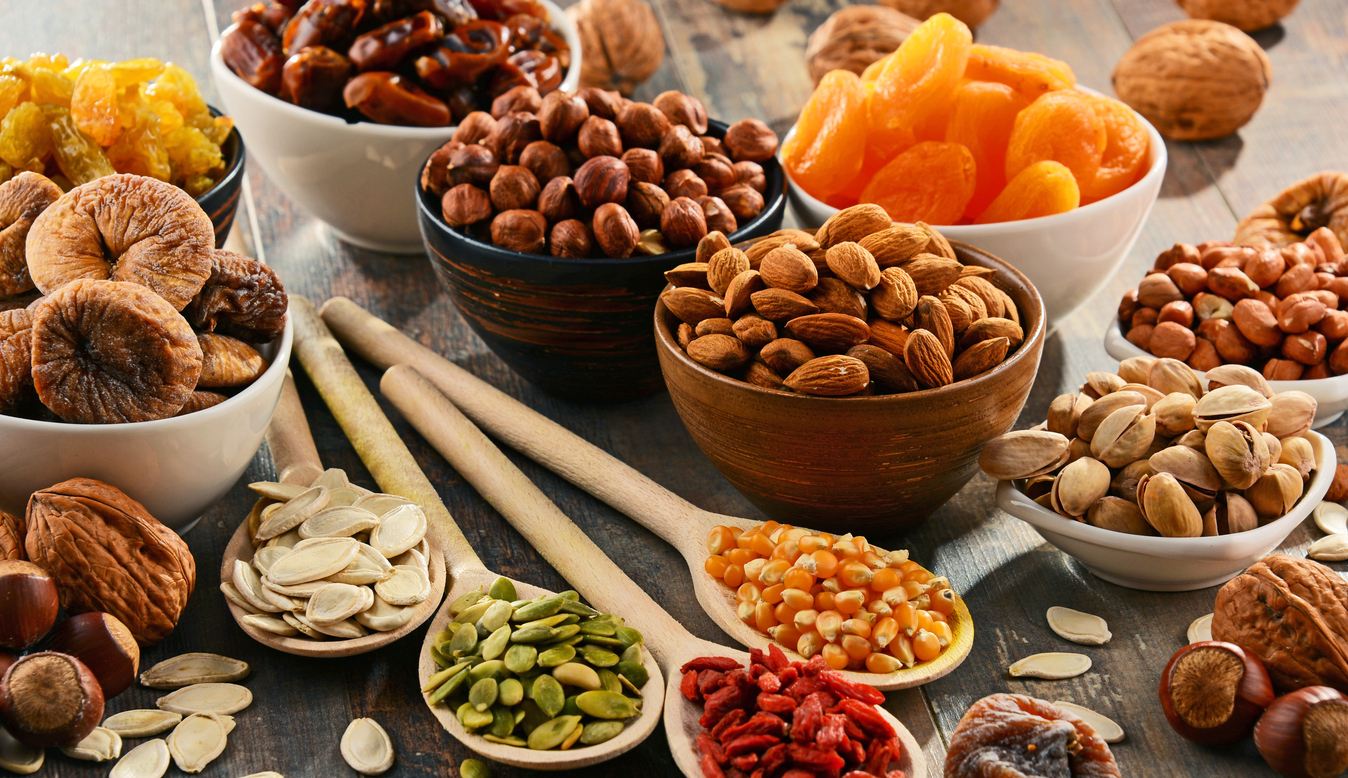Irrigation Services in Ghana: Everything You Need to Know
Irrigation Services in Ghana: Everything You Need to Know
Irrigation is crucial for agriculture in Ghana, particularly in regions with variable rainfall. This guide provides an overview of irrigation services in Ghana, covering types of irrigation systems, benefits, challenges, and key service providers.
Types of Irrigation Systems in Ghana
- Surface Irrigation:
- Overview: Water is distributed over the soil surface by gravity. This method includes furrow, basin, and border irrigation.
- Advantages: Simple and low-cost.
- Disadvantages: Can lead to water wastage and uneven distribution.
- Sprinkler Irrigation:
- Overview: Water is sprayed into the air and falls like rain over the crops.
- Advantages: Efficient water use and suitable for various crops.
- Disadvantages: Higher initial cost and maintenance requirements.
- Drip Irrigation:
- Overview: Water drips slowly to the roots of plants through a network of valves, pipes, and emitters.
- Advantages: Highly efficient and minimizes water wastage.
- Disadvantages: Expensive to install and maintain.
- Center Pivot Irrigation:
- Overview: A mechanized system that rotates around a central pivot, spraying water over crops.
- Advantages: Efficient and covers large areas.
- Disadvantages: High initial investment and suitable mainly for large-scale farming.
Benefits of Irrigation
- Increased Crop Yield: Consistent water supply helps maintain crop health and increases yields.
- Crop Diversification: Farmers can grow a variety of crops year-round.
- Economic Benefits: Higher productivity leads to increased income for farmers.
- Water Management: Efficient irrigation systems help manage water resources better.
Challenges of Irrigation in Ghana
- High Initial Costs: Installation of modern irrigation systems requires significant investment.
- Maintenance Issues: Regular maintenance is needed to keep systems operational.
- Water Availability: Inadequate water sources can limit the effectiveness of irrigation.
- Technical Knowledge: Farmers need training to manage and maintain irrigation systems effectively.
Key Irrigation Service Providers in Ghana
- Water Resources Commission (WRC):
- Role: Regulates water resources management and provides technical support for irrigation projects.
- Website: Water Resources Commission
- Ghana Irrigation Development Authority (GIDA):
- Role: Promotes and develops irrigation infrastructure across the country.
- Website: GIDA
- Agro-Ecom Ghana Limited:
- Services: Provides irrigation solutions, including design, installation, and maintenance of irrigation systems.
- Website: Agro-Ecom
- Pumps and Water Technologies Limited:
- Services: Specializes in irrigation pumps, sprinkler systems, and drip irrigation solutions.
- Website: Pumps and Water Technologies
- Valley View Irrigation Services:
- Services: Offers comprehensive irrigation services, including consultancy, system design, and installation.
- Website: Valley View Irrigation Services
Tips for Successful Irrigation in Ghana
- Conduct a Water Source Assessment: Ensure reliable and sufficient water supply before installing an irrigation system.
- Choose the Right System: Select an irrigation system that suits the type of crops, farm size, and budget.
- Regular Maintenance: Schedule routine maintenance to prevent system breakdowns and ensure efficiency.
- Training and Support: Access training for proper management and operation of the irrigation system.
- Seek Professional Advice: Consult with experts and service providers to design and implement effective irrigation solutions.
Conclusion
Irrigation is vital for enhancing agricultural productivity in Ghana. By understanding the types of irrigation systems, their benefits, challenges, and seeking services from reliable providers, farmers can significantly improve their crop yields and income. For a comprehensive range of irrigation products and services, explore the offerings from leading providers like Wigmore Trading.








LEAVE A COMMENT
You must be logged in to post a comment.